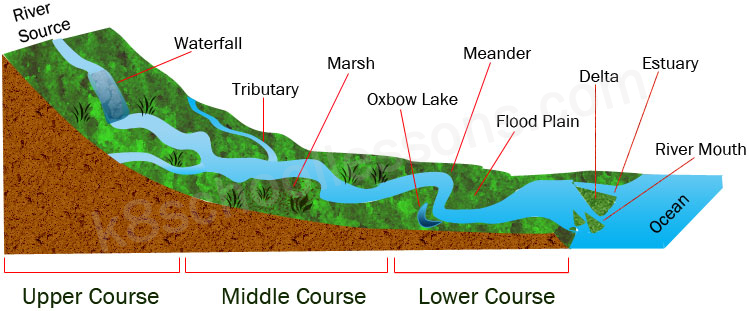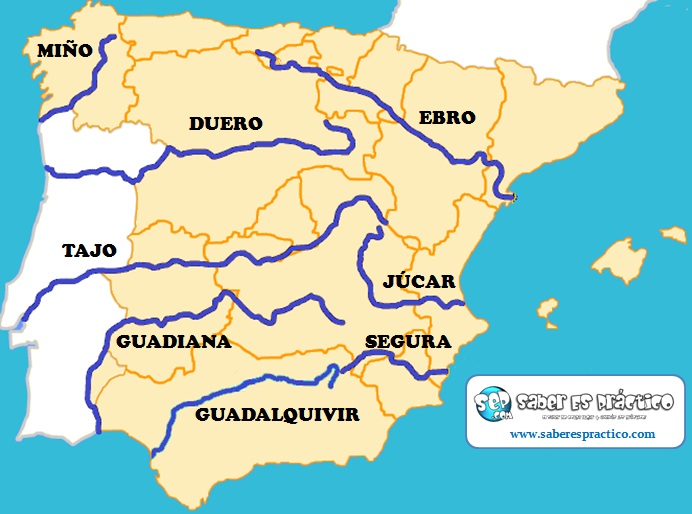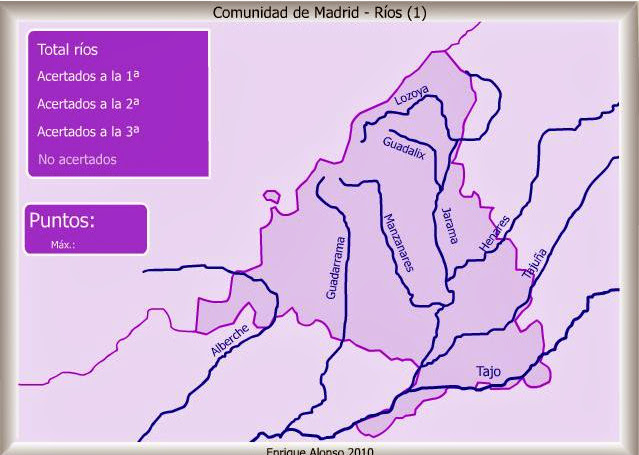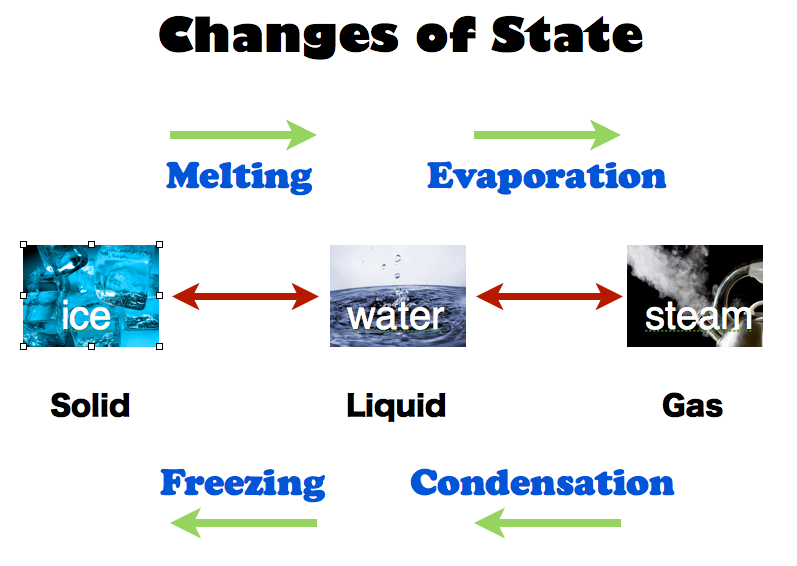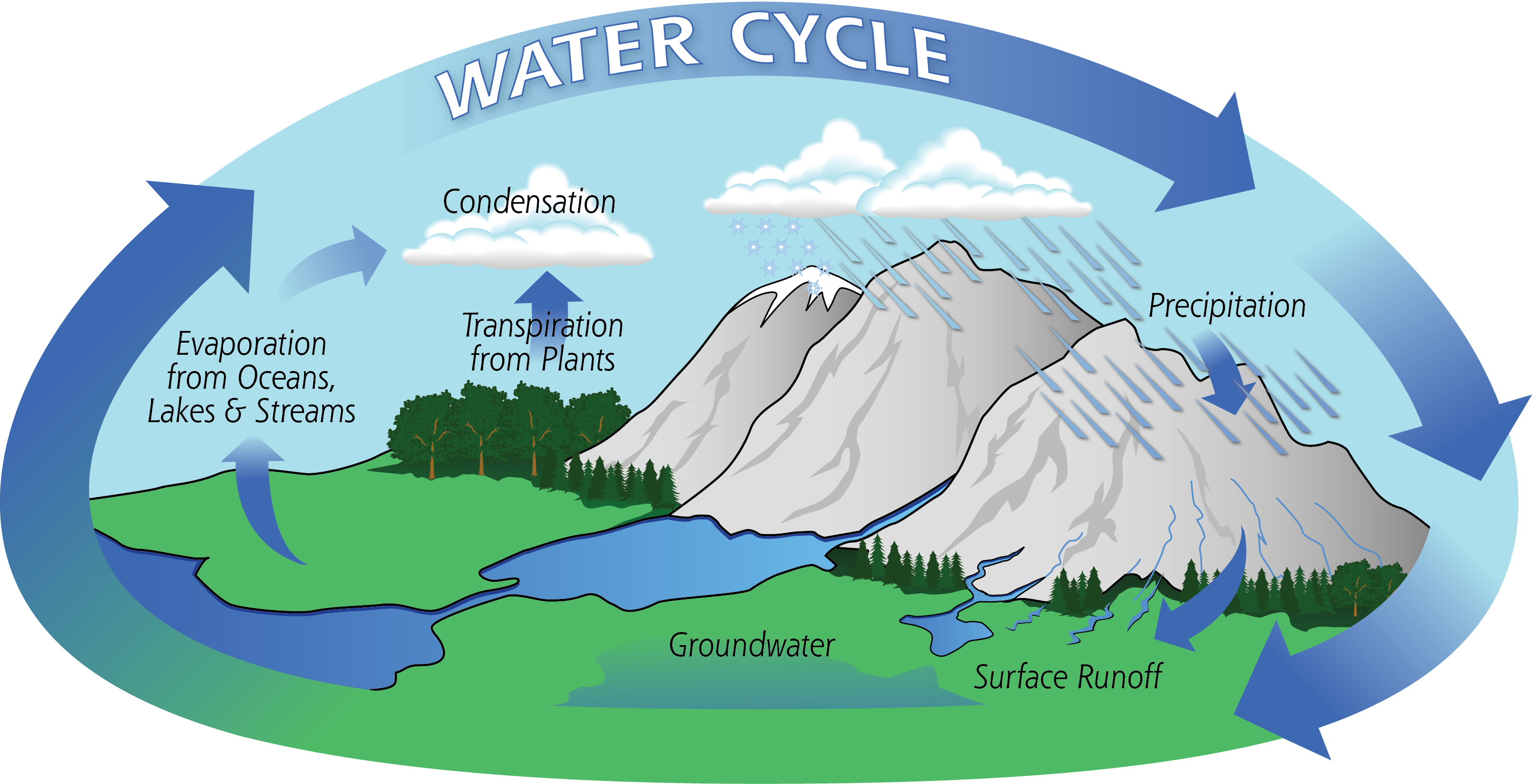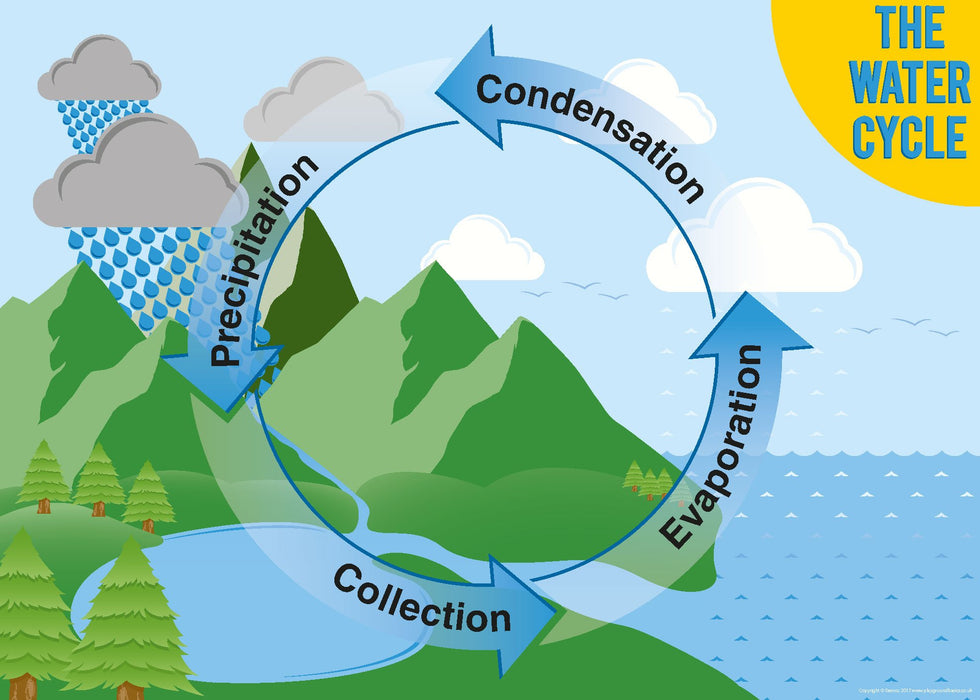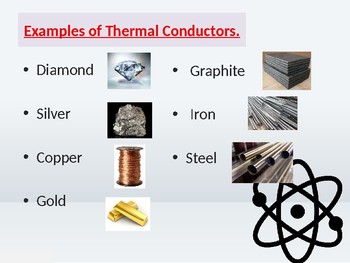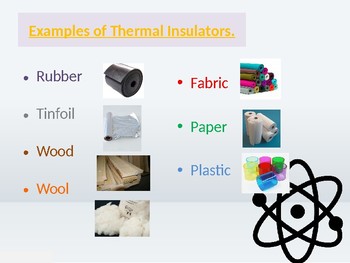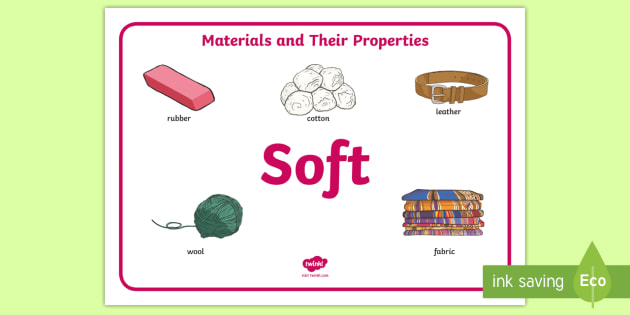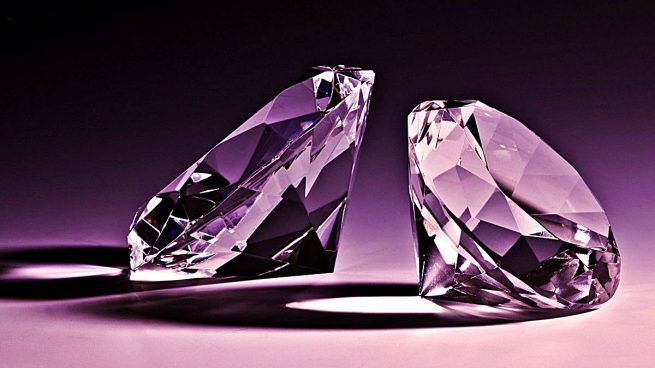Remember the 3 layers of the Earth (lithosphere = litosfera):
The 3 layers of the Earth are: crust, mantle and core. It is very hot inside the Earth!
ROCKS CAN BE SEDIMENTARY, METAMORPHIC OR IGNEOUS:
The Earth's crust is made up of rocks. There are 3 types of rocks: sedimentary, metamorphic and igneous.
Rocks are made up of minerals. Minerals have different properties, like:
- Colour: for example, sulphur is yellow and cobalt is blue.
- Hardness: diamonds are hard but talc is soft
- Lustre: some minerals are shiny, like gold and others are dull, like graphite.
Here there is a game to check how much you know about minerals: http://www.oum.ox.ac.uk/thezone/minerals/define/quiz/index.htm

